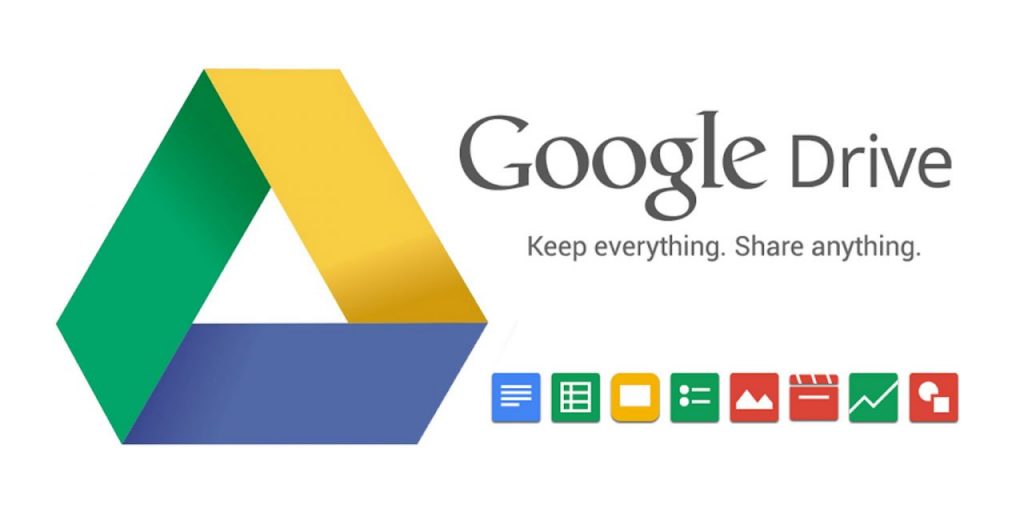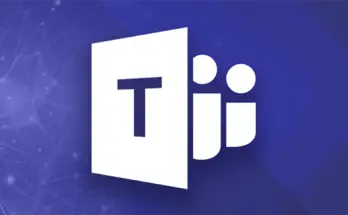The news keep flowing from San Francisco during the Google Cloud Next 2018 event: in case you've missed the first two days, you can view them on YouTube by clicking here for Day 1 Next Live Show and/or here for Day 2 Next Live Show.
Following the great advances disclosing the Google AdWords rebrand into the new Google Ads framework and the Data Transfer Project lauched with Twitter, Facebook and Microsoft, the big announcement of the day is the new stand-alone version of Google Drive: a new subscription formula designed specifically for the business world that will allow the use of the famous cloud storage & sharing service - which, according to Google, is about to reach one billion users - to all the companies that are not interested in signing up for a G-Suite subscription - or cannot afford it.
According to the Mountain View giant, the stand-alone version of Google Drive has always been a most wanted feature for a lot of potential customers: for this very reason, Google Drive will be provided as a dedicated ,stand-alone service, with all the features of online storage and sharing available to the version shipped with the G-Suite package: keep everything, share anything, as the product's catchphrase says.
 Regarding the expected pricing, according to TechCrunch - the first website reporting the news - the new Google Drive version should charge their subscribers $8/month for each active user, plus $0.04 for each GB stored within the Drive storage.
Regarding the expected pricing, according to TechCrunch - the first website reporting the news - the new Google Drive version should charge their subscribers $8/month for each active user, plus $0.04 for each GB stored within the Drive storage.
The big picture behind all this should be trying to convert those who are currently using Google Drive for business purposes without getting a proper G-Suite account, either because it's too expensive or because it pushes most users and companies out to their comfort zone made of Word, Excel, Exchange/Outlook and the likes.
This is definitely a bold move, expecially for the Italian and UE markets, where there are a lot of small-to-mid companies who could greatly benefit from using Google Drive without having to pay for the full G-Suite framework - and ditch their beloved MS Office software packages.
It will be very interesting to see how such initiative will be received in Italy and UE within the following months.



